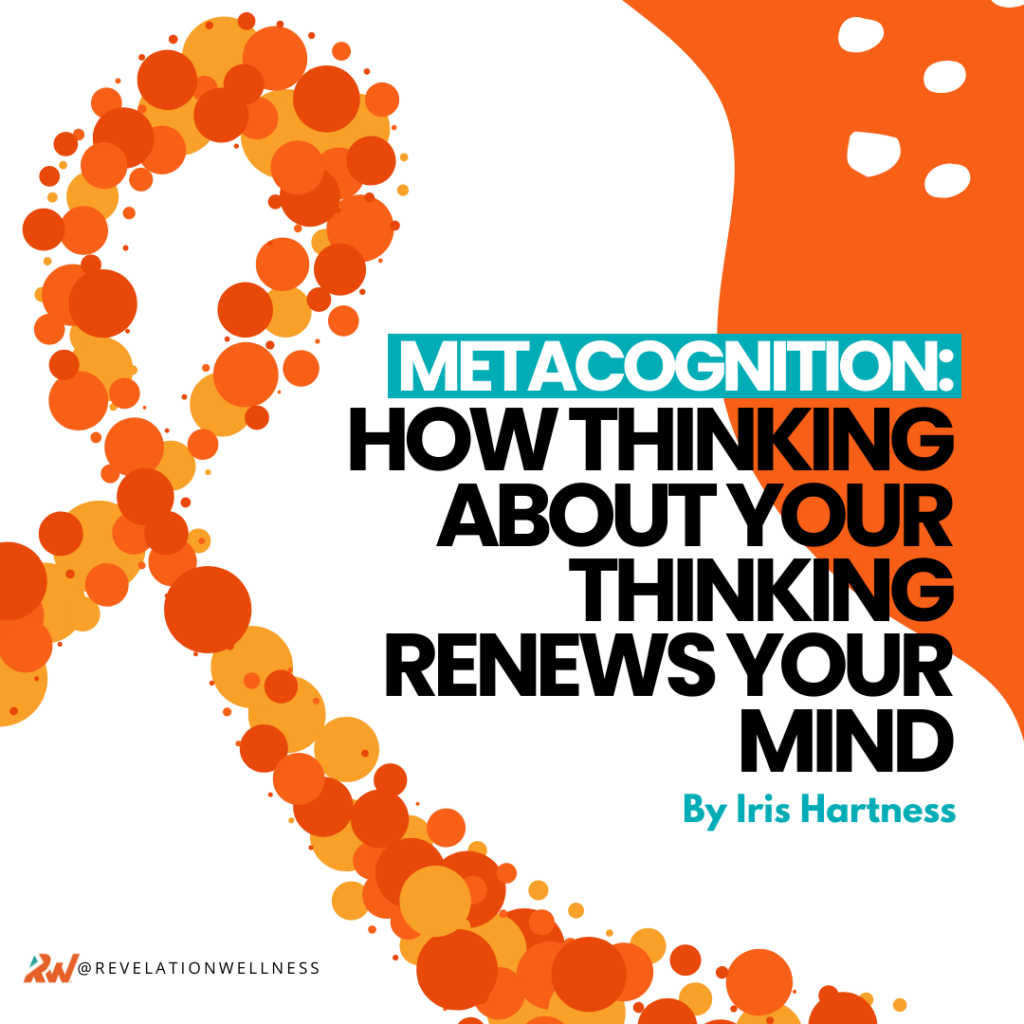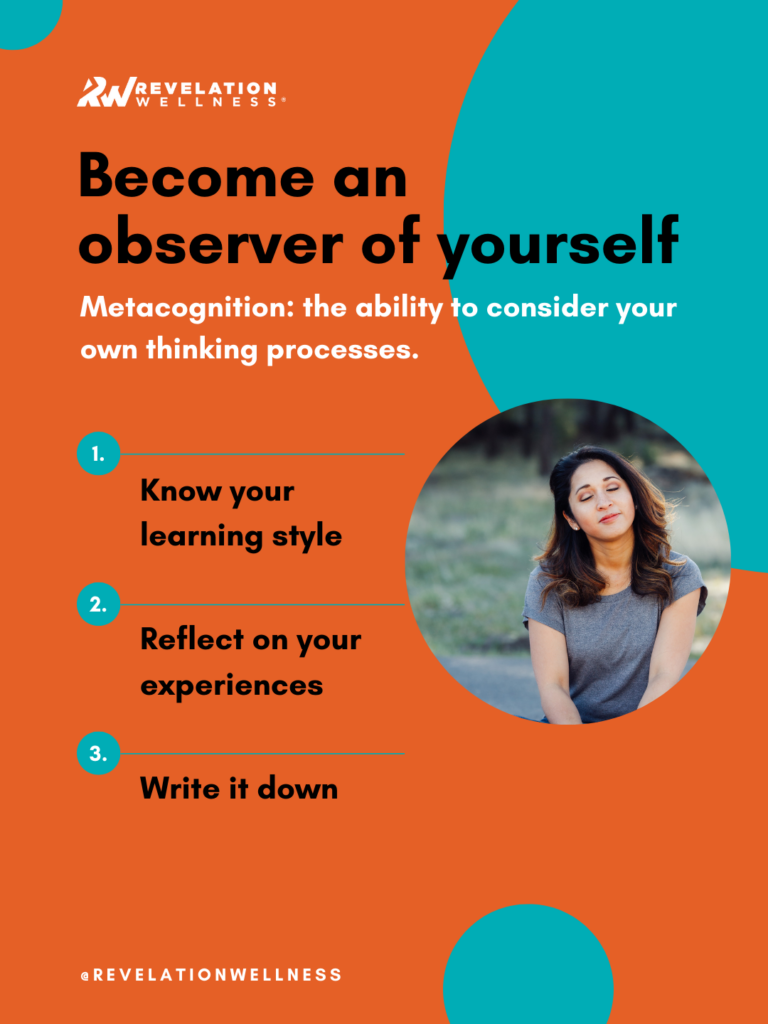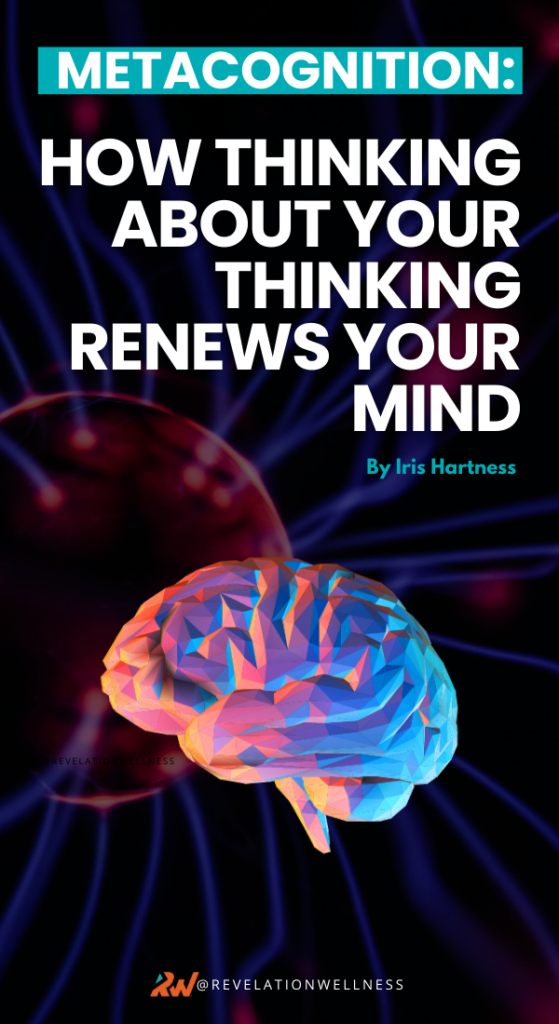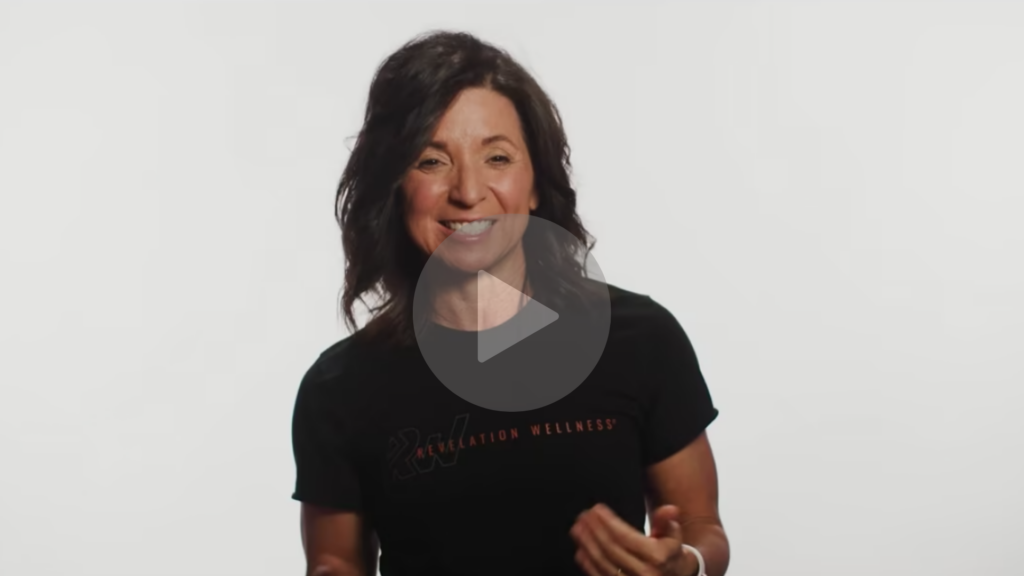It's all about metacognition. Here's how to think about your thinking.

Metacognition. Besides being a fun, ten-dollar word to bring out in party conversations, what is metacognition, and how can it help you in your everyday life?
Metacognition is defined as “higher-order thinking that enables understanding, analysis, and control of one’s cognitive processes, especially when engaged in learning.” In other words, it is the ability to consider your own thinking processes. Metacognition is thinking about thinking, which seems a little mind-bending!
Meta- means beyond, and -cognition means thinking. Anytime you gather what you need before you start a project, look over a check before dropping it in the mail, or rethink how to solve a problem after your first attempt did not work, you are using metacognitive strategies.
As Alisa Keeton says, “become an observer of yourself.” Here are a few metacognitive strategies to learn to “think about our thinking.”
1. Know your learning style
Do you know how you learn best?
In 1992, Fleming and Mills suggested the following four modalities for learning: Visual, Auditory, Reading, and Kinesthetic.
Although there are mixed learning modalities, these are four general categories that help you think about how you best learn.
If you prefer graphs, charts, maps, and shapes to learn, you may be a visual learner. An auditory learner prefers listening and may enjoy lectures and group discussions. Readers prefer text-based learning. A kinesthetic learner prefers experience and practice, either real or simulated.
You likely relate to one of these learning styles more than another. If one does not stand out, you may be a mixed modal learner and employ more than one style.
You can use this information to help you consider how you would best process new information in the future. If you are struggling to learn a new concept, it may be that you need to seek out the same information in a different format.
Remember God’s promise in Psalm 32:8. God reminds the believer, “I will instruct you and teach you in the way you should go; I will counsel you with my loving eye on you.”
No matter your learning style, God promises that He will teach you.
Metacognition is part of God’s design for us to renew our minds and allows us to continue to grow and transform into the people God has created us to be.
Iris Hartness
2. Reflect on your experiences
Reflection is thinking about a completed task or event. Some reflection can occur daily through conversation or journaling. It is also helpful to take time to reflect after you complete a task.
Chris Drew, Ph.D. suggests the following steps in a reflective cycle:
Planning – gather what is needed
Attempting – beginning the task
Assessing – consider what was done well and what needs improvement
Planning – beginning again to gather thoughts and materials
In Matthew 6:26, Jesus commands us to “consider the lilies of the field.” This word translated consider is emblepó, which means “to look with a locked-in gaze.” Reflection requires that we consider or “lock in” our gaze. Adding an assessment at the end of a task cycle allows you to learn more from your experience and make modifications for the future.
Exercise Your Mental Muscle
3. Write it down
How often in math class did you hear “you need to show your work?”
Writing down the process you used to draw a conclusion is a great way to think about your thoughts. For many people, this may take the form of journaling, which goes hand in hand with reflection.
This strategy is especially helpful when learning something new because writing down new ideas helps with memorization.
According to a study from Indiana University, the act of handwriting activates neural activity in the brain, similar to meditation. For a great tutorial on how handwriting can help with scripture memorization, check out this Revelation Wellness teaching about handwriting and drawing as a strategy for memorization.
Psalm 139:14 says, “I praise you because I am fearfully and wonderfully made; your works are wonderful, I know that full well.” God has created us with the amazing ability to learn, think, and grow.
Metacognition is part of God’s design for us to renew our minds and allows us to continue to grow and transform into the people God has created us to be.


Iris Hartness is a Revelation Wellness Instructor from Platoon 23. She lives in Western North Carolina, where she explores the sacredness of homemaking with her husband and two children. You can connect with her on Instagram.
Learn more about training your brain:















2 Responses
Thank you for this reminder. In todays world, others look down on empathetic people, over emotional. It helps to know, it is an attribute of Jesus. It also was a great reminder that everyone has feelings. I will be doing the meditation 21 day program again.
This is so good to hear, Becky! Thank you for sharing!